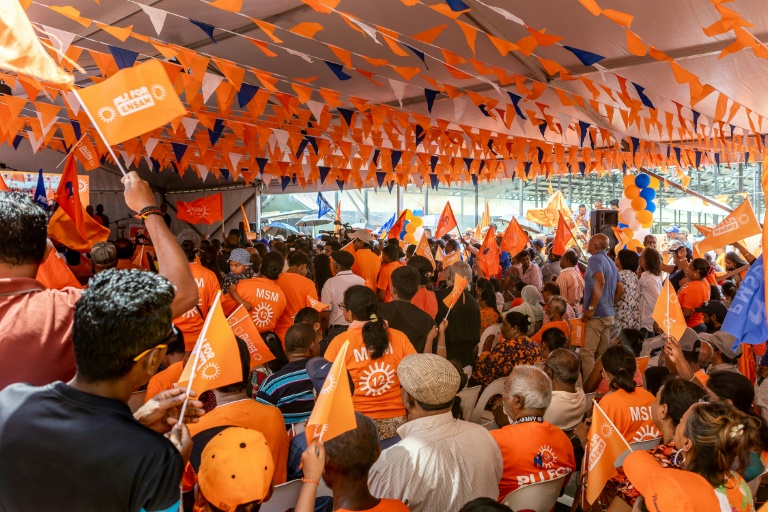
The upcoming elections in Mauritius are looking to be closely fought. This typically stable democracy in Africa has been rocked by a recent wiretapping scandal, which has seen secret recordings of politicians, diplomats, and journalists being leaked online. As a result, four individuals have been arrested including the former CEO of Mauritius Telecom.
Last month, the British government officially handed over the sovereignty of the Chagos Islands to Mauritius, ending a longstanding dispute. This move was expected to boost Prime Minister Pravind Jugnauth’s chances of reelection. However, the wiretapping scandal has dampened his prospects.
In response to the scandal, authorities declared a ban on social media, which was then hastily lifted following protests from the opposition and local media. Concerns over the freedom and stability of Mauritius’ democracy are growing, especially with the upcoming elections expected to be closely contested.
The main focus of the election is on the control of the 70-seat National Assembly. Two leading political alliances are clashing; the Militant Socialist Movement led by Prime Minister Jugnauth and the Alliance of Change led by Navin Ramgoolam. Both sides are optimistic about their chances of victory.
The governance and independence of the country’s institutions are the key issues in these elections. There are also calls for greater transparency and an end to corruption and nepotism, issues that have been criticized by the newly formed Linion Reform alliance.
The result of the election, expected on Monday, will be observed by a 30 member mission from the African Union.






